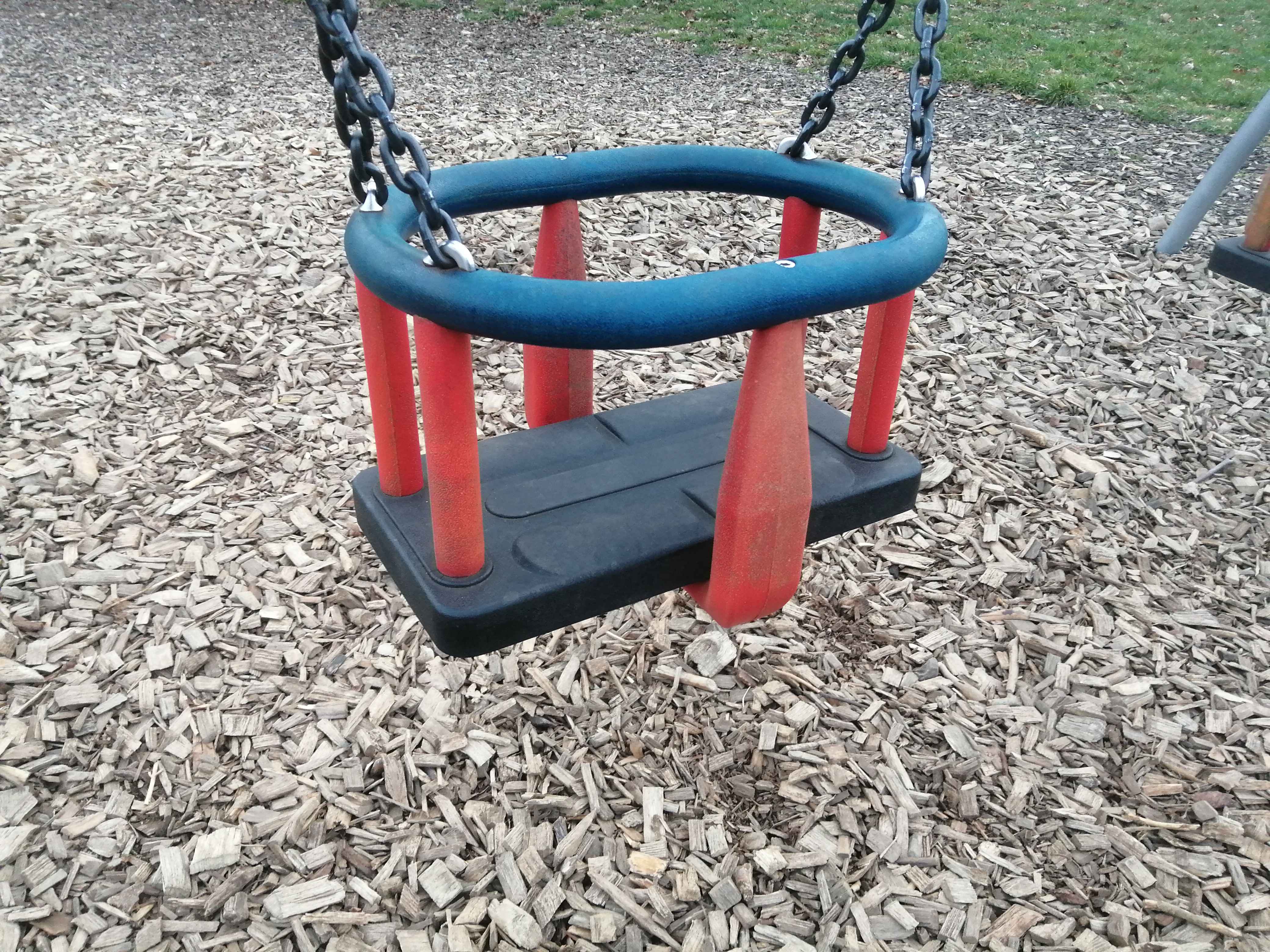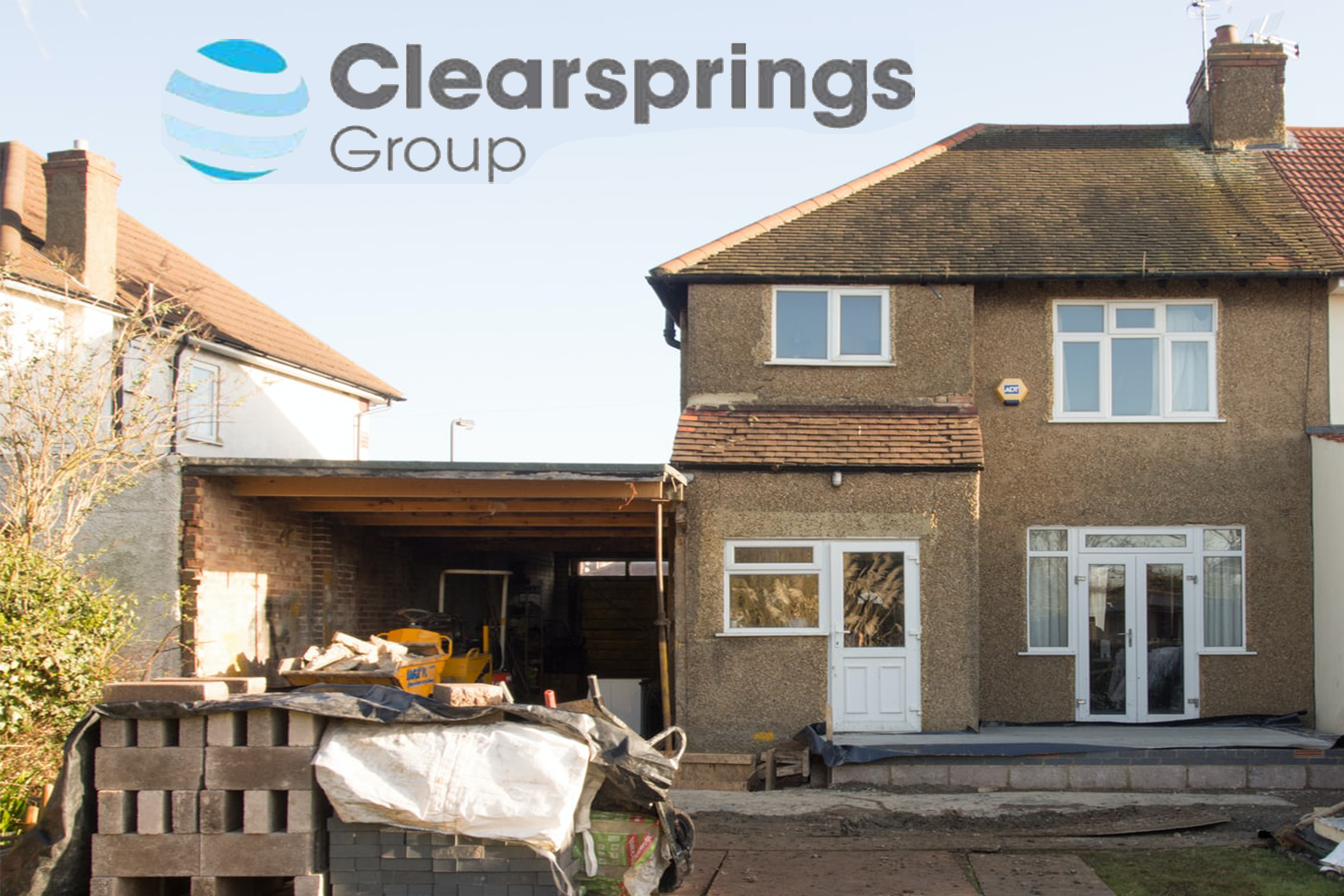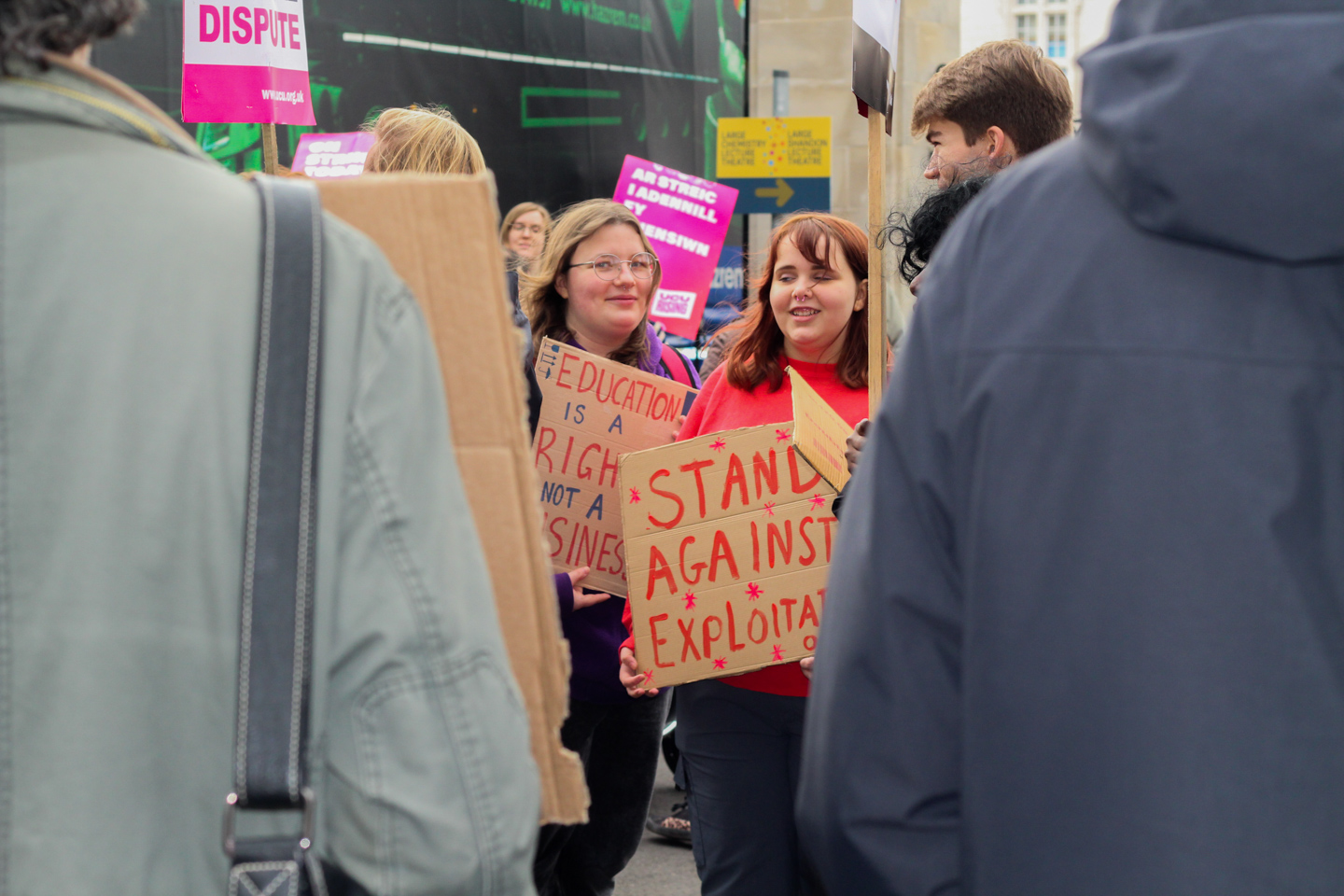
Austerity: Children’s Charity Says Play Areas In Blaenau Gwent Must Not Be Closed
Play Wales: “Playing contributes positively to children’s wellbeing, to their physical health and to their mental health.”
Blaenau Gwent council made £45 million in cuts between 2010 and 2020 and has now put forward the dystopian idea of closing all play areas.
For the coming financial year, Wales faces real term budget cuts totalling £1 billion, or 4% in fresh austerity drive.
By Stephanie Cartledge.
A children’s charity in Wales has slammed proposals by Blaenau Gwent council to close all of its play areas under a fresh wave of austerity.
Speaking to voice.wales, Play Wales’ Director, Mike Greenaway, said that local authorities must not cut back on vital, free play facilities.
“Even in difficult financial circumstances, we urge local authorities to work strenuously to ensure that children have access to plenty of opportunities to play,” Mr Greenaway said.
“Providing children with good quality spaces to play in their communities is crucial.”
News first broke last month that the Labour-run Blaenau Gwent council was considering plans to close all of its children’s play areas as part of a consultation with residents over budget cuts.
Like all local authorities, the council is facing a budget shortfall due to funding from central government not keeping up with high inflation.
The average funding increase for council’s in Wales is 7.9%, but Blaenau Gwent is receiving just 6.5%, the lowest increase in Wales and well below the RPI rate of inflation, which is over 13%.
Altogether, the council is facing a £6.7 million funding gap for 2023/2024.
Not only has the local authority put forward the idea of closing all of its play areas, it has also suggested reducing street cleaning, closing public toilets and a 4% increase in council tax for residents.
The play Wales director has joined others including the Children’s Commissioner for Wales in criticising the dystopian proposals..
“Playing contributes positively to children’s wellbeing, to their physical health and to their mental health and resilience,” Greenaway told voice.wales. “Prioritising children’s play brings families and communities proven benefits, both immediately and in the long term.”
Play Wales is an independent charity who aim to promote children and young people’s right to play.
“It is crucial that local authorities and their partners work together with children and their communities to find positive ways of providing for the play and recreational needs of children,” Greenaway added.
Blaenau Gwent has one of the highest child poverty rates in the whole of Wales, with around a third of children growing up in poverty. Having free play areas for these children, who may not be able to access private facilities, is vital, Greenaway said, for “the health, wellbeing and happiness of children and communities.”
If children’s play areas are closed under a new bout of austerity, it will signify how little there is left for council’s to cut back after 12 years of austerity.
This is the second year in a row Blaenau Gwent has received the smallest funding increase in Wales, but the bigger picture is the effects of a 12 year austerity drive.
In Wales, councils are collectively facing a funding gap of over £200m for the coming financial year, resulting in the cutting of essential services, as well as jobs.
The long term effects of this are clear: A report done by Children in Wales in 2022 showed that 34% of children in Wales are living in poverty, with 94% of respondents saying their economic situation over the last 12 months had gotten worse.
Between 2010 and 2020, Blaenau Gwent council alone has made £45 million in cuts.
But despite providing so much value, which Greenaway says “contributes positively to children’s wellbeing,” the play areas could be closed to save just £50,000. To put that into context, the savings made would be 640,000 times smaller than the annual profits of the London-listed energy firm Shell, which topped £32 billion this year.
Despite this, councils are proposing cuts that will further disenfranchise their communities in order to save relatively small amounts of money. This is a common picture across Wales.
Anti austerity group People’s Assembly Wales have estimated that for the coming financial year, Wales faces real term budget cuts totalling £1 billion, or 4%.
In response, the group have urged Members of the Senedd to oppose the cuts and demand a fairer financial settlement from Westminster.
In a model letter to MSs, the group says that with 80% of Welsh funding coming from the UK Tory government, “the key question is how can the allocation announced in November 2022 be increased to meet these needs?”
“The only option is to campaign and fight for an allocation that can meet people’s needs,” the letter goes on. “Given the level of opposition and political instability of the current Tory government, this task is more than possible.”
Even if play areas in Blaenau Gwent are saved from this year’s cuts, the fear is that they will be forever at risk as long as austerity keeps accelerating.
But if anything, research shows that Wales needs more play facilities, not less. Research done by Sports Wales showed that 36% of pupils in Wales reported no frequent participation in organised sport outside of the curriculum with many participating less than once a week.
This is why free to use, public play facilities are seen to be so vital.


